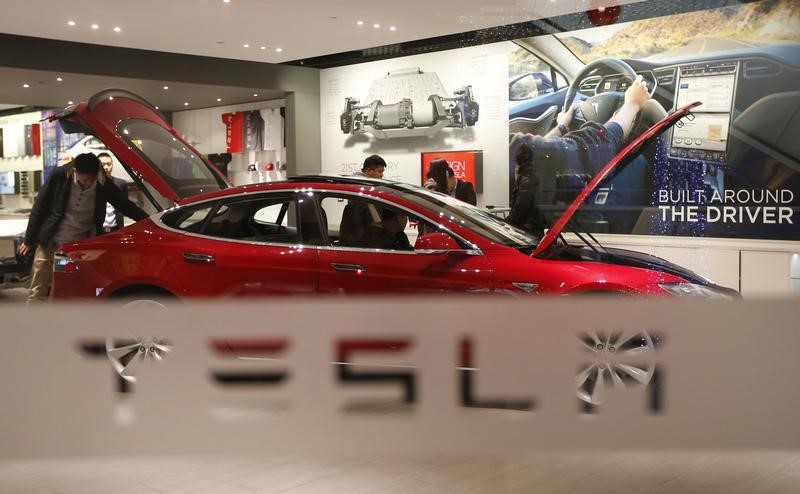The European Union is hesitant to grant Britain's request for a postponement of impending tariffs on electric vehicle sales, as indicated by the United Kingdom's automotive industry association on Monday. Despite this, car manufacturers maintain a positive outlook, believing that a delay in implementing these tariffs can still be negotiated.
As per the terms of the Brexit trade agreement, starting in January, the sale of EVs between the UK and the EU will be subject to 10% tariffs unless at least 45% of the vehicle's value originates from either Britain or the EU, based on the "rules of origin."
Given that a significant number of EV batteries are sourced from China, the tariffs would negatively affect automobile manufacturers in both the United Kingdom and the European Union, potentially resulting in higher prices for EVs, undermining efforts to reduce carbon emissions.
A number of prominent car companies have issued warnings that their manufacturing facilities in the UK would lose their competitive edge if these tariffs are implemented.
Stellantis (NYSE:STLA), the third-largest car manufacturer globally in terms of sales, which owns brands such as Vauxhall, Peugeot (OTC:PUGOY), Citroen, and Fiat, has gone as far as stating that British car plants could face closure unless an agreement is reached.
"Clearly, there has been some reticence or nervousness in Brussels about whether this is something that they would be willing to accept," said SMMT Executive, Mike Hawes.
"It makes common sense because the last thing you want to do is put additional tariffs on the very vehicles you're encouraging people to buy," Hawes added.
